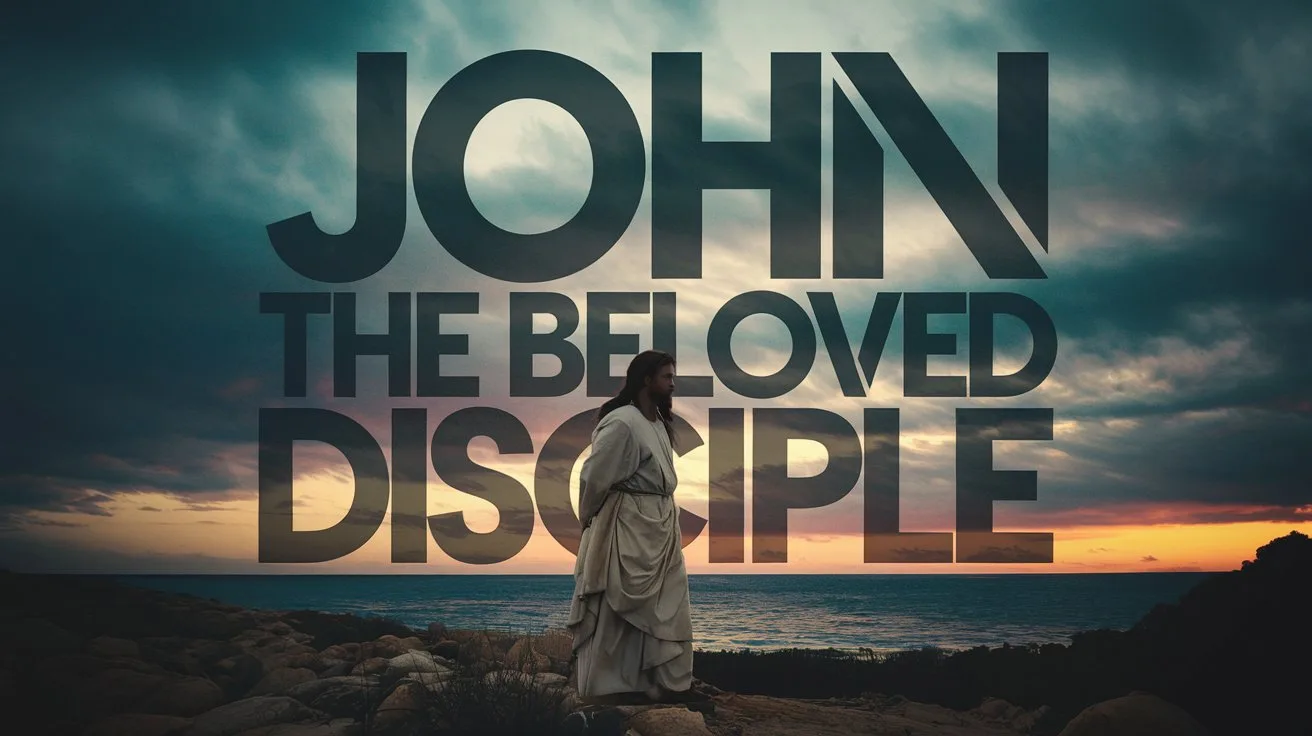The doctrine of atonement is central to the gospel of Jesus Christ. It deals with the question: How can a holy God forgive sinful man without compromising His justice? The answer lies in the substitutionary, sacrificial death of Jesus Christ on the cross. This study will clarify the biblical concept of atonement, the nature of the exchange that took place, and refute the errors of Christ becoming a sinner, the Father forsaking the Son, and Christ suffering in hell for punishment.
The Meaning of Atonement: Propitiation and Substitution
The word atonement means “to cover, satisfy, or make amends for.” It originates from the Hebrew word kaphar (כָּפַר) meaning “to cover” and the Greek word hilasmos (ἱλασμός), which relates to propitiation—the satisfaction of divine justice through a sacrifice.
Romans 3:25 (NKJV)
“Whom God set forth as a propitiation by His blood, through faith, to demonstrate His righteousness.”
The atonement is about Jesus offering Himself as a sinless sacrifice to satisfy the justice of God. This exchange involved Christ bearing the penalty of sin, not becoming sinful Himself.
Jesus Was the Sinless Sacrifice, Not a Sinner
Jesus did not become sinful or guilty on the cross. He remained holy and blameless, the perfect sacrifice for sin.
2 Corinthians 5:21 (NKJV)
“For He made Him who knew no sin to be sin for us, that we might become the righteousness of God in Him.”
The phrase “to be sin for us” is often misinterpreted. The context clarifies that Jesus was made a sin offering, not a sinner. The Greek text uses the word hamartia (ἁμαρτία), which can refer both to “sin” and “sin offering.” The Septuagint, the Greek Old Testament, uses this same word for sin offerings in Leviticus (Leviticus 4:24).
Jesus remained sinless: “Who committed no sin, nor was deceit found in His mouth.” (1 Peter 2:22)
Jesus was holy even on the cross: “For such a High Priest was fitting for us, who is holy, harmless, undefiled, separate from sinners.” (Hebrews 7:26)
The cross was not about Jesus becoming sinful, but rather about Him becoming the perfect, spotless Lamb offered for sin.
The Father Did Not Turn Away From the Son
A common misunderstanding arises from Jesus’ cry on the cross:
Matthew 27:46 (NKJV)
“My God, My God, why have You forsaken Me?”
This statement is often misapplied to mean that God the Father literally abandoned Jesus or turned His face away from Him. However, Jesus was quoting Psalm 22, a Messianic prophecy. The psalm begins with this expression but ends in victory, not abandonment:
Psalm 22:24 (NKJV)
“For He has not despised nor abhorred the affliction of the afflicted; Nor has He hidden His face from Him; But when He cried to Him, He heard.”
The Father did not abandon the Son. Jesus was fulfilling prophecy and experiencing the fullness of human suffering, but He remained in perfect unity with the Father.
The Exchange on the Cross: What Really Happened?
The exchange was not Jesus becoming sinful but Jesus taking the penalty for sin. This was a legal, substitutionary transaction to satisfy divine justice.
The Requirement of Justice
God is perfectly just and cannot overlook sin.
Deuteronomy 32:4 (NKJV)
“He is the Rock, His work is perfect; For all His ways are justice, A God of truth and without injustice; Righteous and upright is He.”
Sin demands punishment because it is a violation of God’s moral law.
Ezekiel 18:4 (NKJV)
“The soul who sins shall die.”
God cannot compromise His justice, so the penalty of sin had to be paid.
The Blood of Christ Was the Payment
Jesus’ blood was the necessary sacrifice to satisfy God’s justice and provide forgiveness.
Leviticus 17:11 (NKJV)
“For the life of the flesh is in the blood, and I have given it to you upon the altar to make atonement for your souls.”Hebrews 9:22 (NKJV)
“Without shedding of blood there is no remission.”
The sacrificial system in Leviticus pointed forward to Jesus as the final sacrifice. The blood of bulls and goats could not fully remove sin, but Christ’s blood did.
Hebrews 10:4 (NKJV)
“For it is not possible that the blood of bulls and goats could take away sins.”
Substitutionary Sacrifice
The concept of substitutionary atonement means Jesus died in the place of sinners.
Isaiah 53:4-6 (NKJV)
“Surely He has borne our griefs And carried our sorrows… He was wounded for our transgressions, He was bruised for our iniquities.”1 Peter 3:18 (NKJV)
“For Christ also suffered once for sins, the just for the unjust, that He might bring us to God.”
The exchange was this: the righteous Son bore the penalty for the unrighteous, satisfying God’s justice.
Jesus Did Not Go to Hell for Punishment
A critical error often taught is that Jesus went to hell to suffer after His death. This is unbiblical. Jesus declared His work finished on the cross.
John 19:30 (NKJV)
“It is finished.” (Tetelestai — paid in full)
Jesus did not need to continue suffering after His death. His work was completed at the cross.
Where Did Jesus Go After Death?
Jesus did go to Sheol (the grave), but not for punishment. Scripture clarifies this.
Luke 23:43 (NKJV)
“Assuredly, I say to you, today you will be with Me in Paradise.”1 Peter 3:18-19 (NKJV)
“By whom also He went and preached to the spirits in prison.”
Jesus went to the realm of the dead to declare victory, not to suffer further punishment.
The Resurrection: Proof of Completed Atonement
The resurrection of Jesus proves the atonement was complete and accepted by the Father.
Romans 4:25 (NKJV)
“Who was delivered up because of our offenses, and was raised because of our justification.”1 Corinthians 15:17 (NKJV)
“And if Christ is not risen, your faith is futile; you are still in your sins.”
My Final Thoughts
The atonement of Jesus Christ is the central truth of the gospel. On the cross, Jesus did not become sinful, but He became the perfect sin offering, satisfying the justice of God on behalf of all who believe. The Father did not abandon the Son, nor did Jesus suffer in hell after His death. The work of redemption was completed fully at Calvary when Christ declared, “It is finished.”
This study should remind us of the holiness of God, the seriousness of sin, and the incredible mercy displayed in Christ’s substitutionary death. Hold fast to the truth of biblical atonement—salvation is by grace through faith in the perfect, finished work of Jesus Christ.












